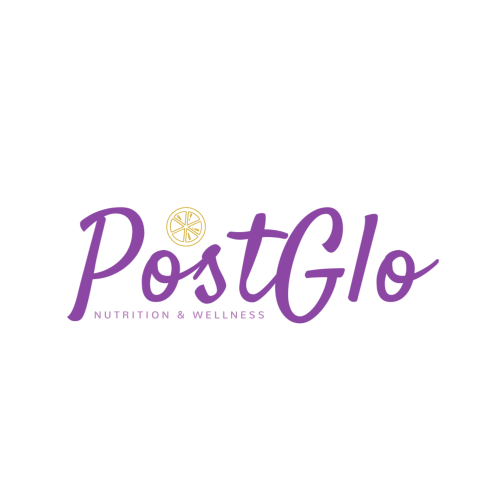The Sweet Truth Behind Aspartame
Meg Volley, PostGlo Intern
January, 20204
The safety of artificial sweeteners has caused debate for years. However, recent developments over the past few months around aspartame, a type of artificial sweetener commonly found in diet sodas, has sparked even more discussion. In July 2023, the International Agency for Research on Cancer (IARC) of the World Health Organization (WHO) named aspartame a possible carcinogen, which is any substance that causes cancer. This caused extreme uproar in medical and lay-person communities alike. However, here at PostGlo, we know to be careful consumers of the information we read online, so let’s dig into what these new findings really mean, and whether our afternoon glass of diet soda is putting us at risk for cancer.
A simple tik tok search of “carcinogenic diet soda” yields drastically contradictory results, from doctors reassuring consumers that modest diet soda consumption is harmless, to holistic nutrition coaches preaching that they’ve been warning about diet soda for years.
However, let’s back up from the responses and see what the IARC itself is saying. In the first paragraph of their risk assessment release, they cite aspartame’s carcinogenicity as based on “limited evidence,” classifying aspartame as a group 2b carcinogen (1). The IARC has 4 classes of carcinogens based on strength of evidence:
Class 1: carcinogenic to humans (including things like alcohol and tobacco) (5)
Class 2A: probably carcinogenic to humans (examples include red meat and diesel engine exhaust) (5)
Class 2B: possibly carcinogenic (this includes aspartame)
Along with aspartame, other Group 2b carcinogens include traditional Asian picked vegetables, aloe vera, progesterone-only contraceptives, along with 323 other agents! (4).
Group 3/ not classifiable as to its carcinogenicity to humans (things like caffeine and low frequency electric fields) (5).
It’s important to be aware of the classes of carcinogens when evaluating the risk of aspartame to help put it into perspective against other substances we know to be harmful. The JECFA (Joint Expert Committee on Food Additives) of the FAO (Food and Agriculture Organization) studied aspartame for a third time when assigning aspartame to a carcinogen class. They reaffirmed their current established acceptable daily intake (ADI) of aspartame from 1-40 mg/kg of body weight. To put this into perspective, a 70kg (154.3 lb) person would need to consume 9-14 cans of diet soda with 200-300 mg of aspartame each, considering there are no other sources of aspartame in the diet, to exceed this limit (1). They also noted that aspartame is metabolized to metabolites that are identical to those of other common foods that are not known to be cancer causing (3).
The American Cancer Society agrees with the IARC and JECFA’s conclusions regarding the safety of aspartame (2). Additionally, they cite the US FDA and European Food and Safety Authority’s conclusions that current levels of aspartame consumption is safe (2).
So, what’s PostGlo’s verdict? We think modest consumption of aspartame (below the IARC’s recommended ADI of 1-40 mg/kg of body weight) is safe. While more research is always needed, we believe that for most people, enjoying foods containing aspartame from time to time poses no health risk. And with that, I invite you to join me in toasting our diet sodas to getting to the bottom of health claims!
Sources/ Further Reading

